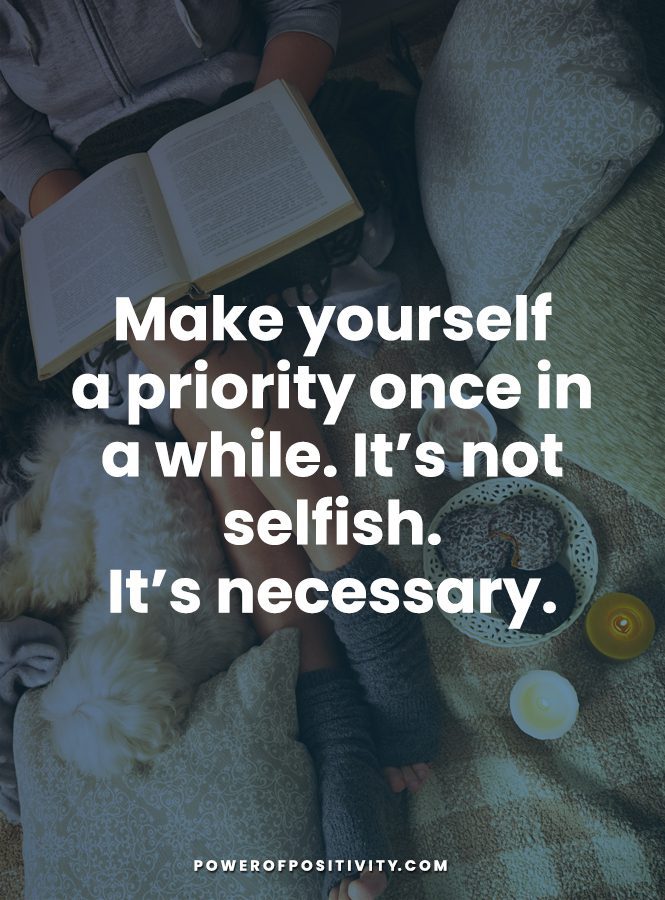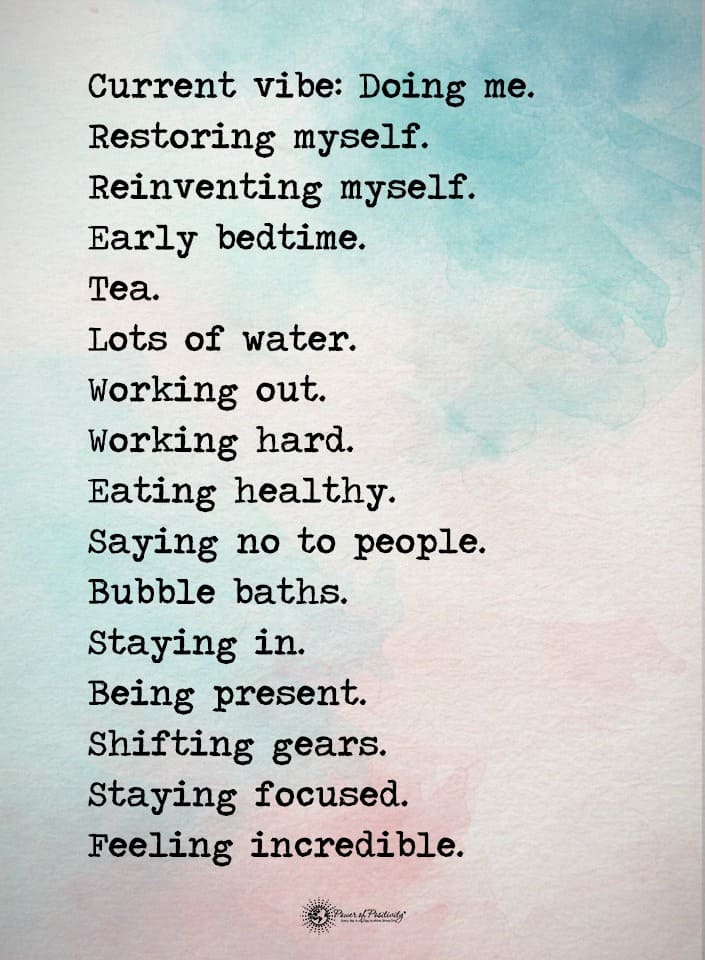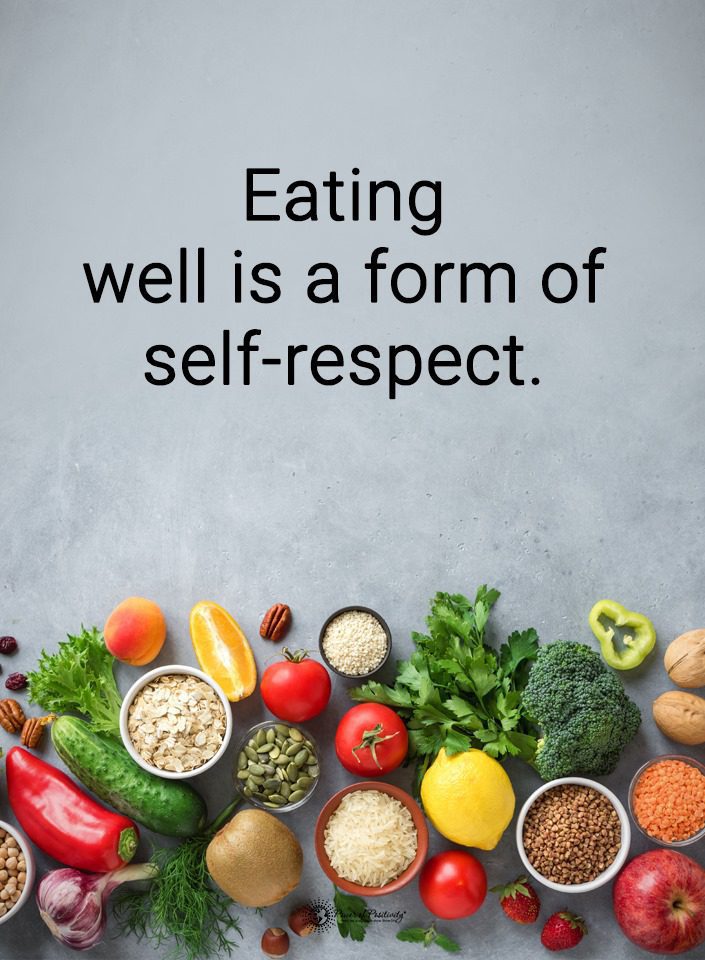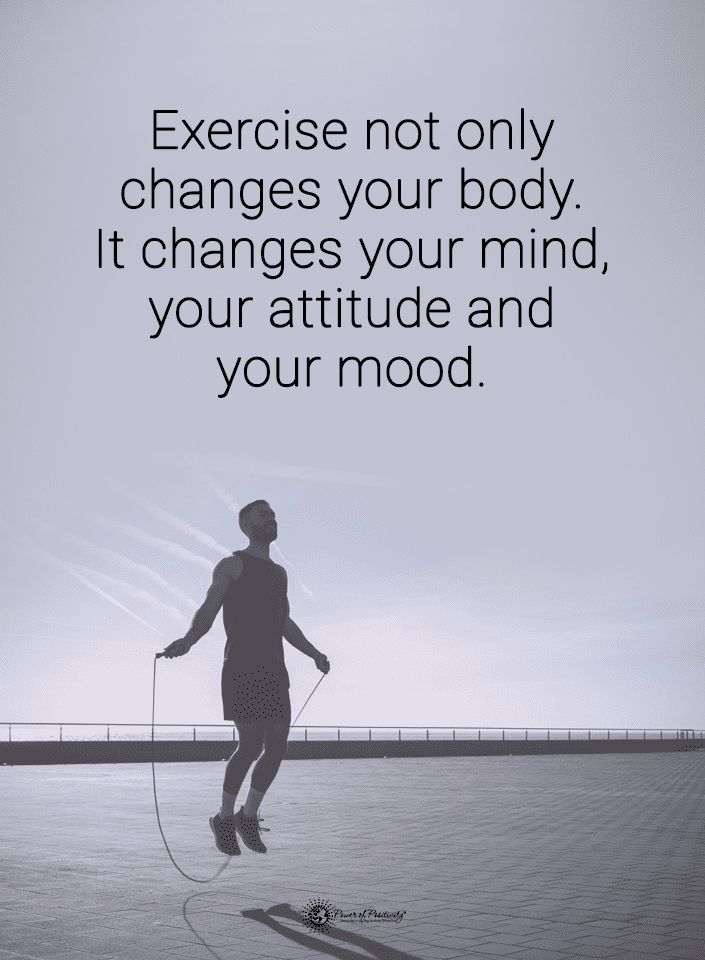Various meditation practices and affirmations for women can help stabilize the mind and restore peace to one’s soul. Of course, men can equally benefit from meditation, yoga, and other spiritual techniques. However, women tend to suffer from mental illnesses such as anxiety and depression at higher rates. Therefore, loving-kindness meditation can help them feel more emotionally balanced and rejuvenated.
This type of meditation involves reciting affirmations and mantras for radical self-acceptance and compassion. By loving yourself first, you can expand your affection to include all living beings. While meditation spans many cultures and religions, loving-kindness meditation originated with Buddhist teachings. In the Pali language, loving-kindness translates to metta, or having goodwill and benevolence toward oneself and the entire cosmos.
It’s crucial to have a daily meditation ritual to center yourself and elevate your consciousness. By practicing this meditation and reciting affirmations for women, you can experience various physical, emotional, mental, and spiritual benefits. Best of all, it will help you cultivate acceptance, love, and compassion toward yourself and others.
What Is Loving-Kindness Meditation?
Loving-kindness meditation involves practicing mindfulness and compassion for all life, including yourself. It’s a Buddhist meditation technique that uses mantras and visualization techniques to cultivate feelings of love and oneness with the universe. Affirmations for women and men can help expand the heart and increase concentration on a particular loving thought.
For instance, some people find it beneficial to verbally or mentally repeat phrases such as, “I am enough” or “May I be happy and free from suffering.” After focusing on developing acceptance and empathy for oneself, the meditator should move their awareness to loved ones. Sending positive energy to friends and family will help enhance the bliss and joy you feel in meditation. During these exercises, you should focus on the heart chakra and breathe in a slow, rhythmic manner.
Next, consider acquaintances, colleagues, and even your enemies, wishing them happiness and well-being. Finally, include the entire world in your circle of compassion, feeling others as an extension of yourself. Allow these feelings of affection and admiration to permeate your consciousness as you meditate.
After a few weeks or months, you’ll undoubtedly feel more positive and embrace every aspect of yourself. One study found that loving-kindness meditators experienced benefits after a mere seven weeks of practicing the technique. Any meditation will increase feelings of peace and bliss, but loving-kindness differs because it also includes energetically sending goodwill to others.
The Benefits of Loving-Kindness Meditation
Loving-kindness meditation, which includes affirmations for women, offers numerous health benefits for the mind, body, and soul. The highest goal of any meditation practice is reaching enlightenment, which fulfills all mental, physical, and spiritual desires. However, even before you find nirvana, you can experience other notable benefits, such as stress reduction, emotional regulation, and self-compassion. One study found that compassion meditation can increase stress management, harmonize relationships, and even boost the immune system. Calming your breathing and relaxing the mind activates the parasympathetic nervous system and inhibits the fight-or-flight response.
When you have a tranquil mind, you tend to notice more subtle aspects of intelligence, such as intuition. Accessing higher states of being will allow you to live more through the heart, making life flow effortlessly. As consciousness itself, we’re already infinite bliss, love, and wisdom, but we must remove the ignorance clouding our minds.
Mental clarity and a pure heart provide a solid foundation for understanding reality’s mysterious nature. Affirmations for women and men can guide you toward a more compassionate attitude and help you achieve radical self-acceptance.
How to Start Practicing Loving-Kindness Meditation
You can use guided meditation or visualization techniques to practice this simple technique. Affirmations for women and men should also become an integral part of the meditation. Either way, make it a part of your daily routine by setting aside thirty minutes each morning or evening to practice.
- Find a quiet place in your home free of distractions and noise, and allow your mind to drift to positive thoughts. Forget about all your fears, worries, and responsibilities, completely letting go so you can find inner peace.
- Practice mindful breathing, inhaling slowly and deeply before allowing the breath to leave your body, making the exhale last slightly longer than the inhale.
- As stated above, extend love and compassion toward yourself, imagining a white light enveloping your body. Think of this healing light while you focus on your heart center and send out loving energy toward the entire world.
- During your practice, use affirmations for women (or men), such as “I love and honor myself” or “I love all beings in the universe and wish for their well-being.” Repeat these mantras several times while focusing on the love and joy you feel within.
- Sit in the meditation posture for at least fifteen minutes and increase it to thirty after a few weeks.
Tips for Deepening Your Loving-Kindness Practice
You can enhance your results by practicing patience and gratitude daily as you seek love and wisdom. Thank the universe for the opportunity to expand your consciousness and show appreciation for others around you. Remember to recite affirmations for women and men in your meditation, and practice non-judgment toward your thoughts and feelings. Watch as they pass like clouds in your mind, knowing they will eventually dissipate. Also, it helps to seek support in your community and connect with other meditators interested in spiritual development.
Overcoming Common Challenges in Meditation
Any long-term meditator can attest to the obstacles and difficulties you’ll encounter on your spiritual journey. Distractions, impatience, and self-doubt will plague your mind and attempt to keep your soul focused on worldly desires. However, becoming frustrated with your spiritual efforts will only keep you from your goal.
It’s best to quell negative self-talk and doubts with dedicated, gradual efforts toward your objective. Affirmations for women are beneficial because they’ll help you achieve a loving mindset toward yourself. Armed with self-compassion, you will surely reach your goal in due time.
Final Thoughts on Mindfulness Practices for Emotional Well-being
If you don’t practice loving-kindness meditation, you should start after learning about the numerous benefits. For one, you’ll experience more self-love and empathy toward yourself after a short time. Meditation can also lower anxiety and stress levels, making you feel more capable of handling life’s pressures. Finally, you will feel a deeper connection to the universe because you’ll expand your consciousness.
Building compassion and empathy through meditation will allow you to experience a more fulfilling, meaningful life. Incorporating self-care through your meditation practice involves utilizing affirmations for women, breathing deeply, and visualizing love permeating every atom in the universe. As you grow in your training, you’ll see life as a beautiful ride rather than an endless battle to conquer.



















